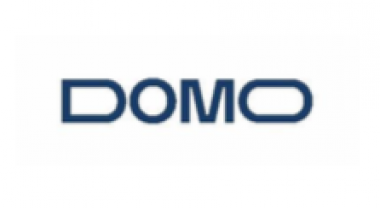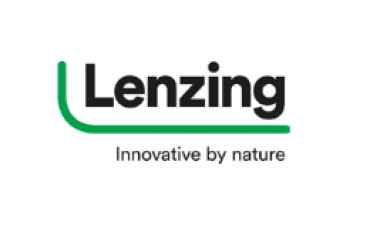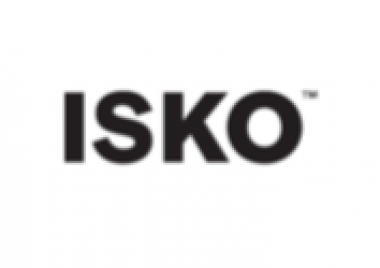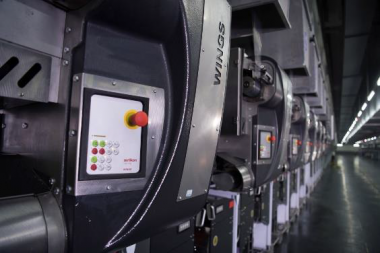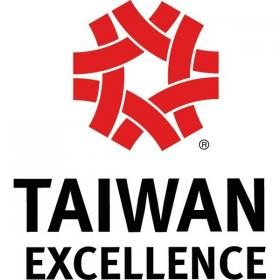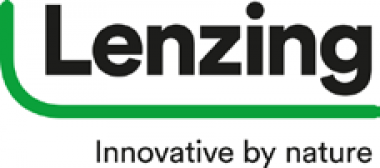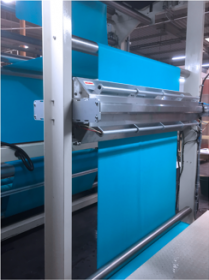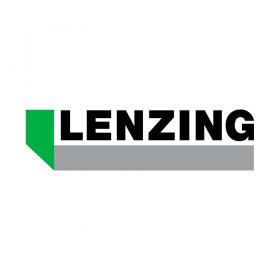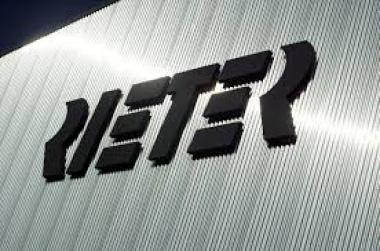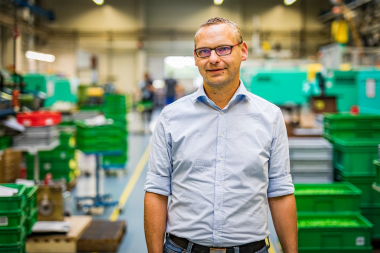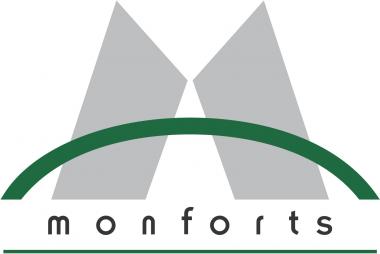DOMO Chemicals to invest €12 million in new nylon plant in China
- Move is in line with global growth strategy with a strong focus in the Asia Pacific region
- Zhejiang plant will be able to produce 50,000 tons of nylon compounds annually in the longer term
- Plant will be located in the convenient transportation port area of DuShan Pinghu city
DOMO Chemicals, a leading producer of high - quality engineering materials for a diverse range of markets, has announced plans for a new state - of - the - art plant in Zhejiang, China. The new plant will be capable of producing 50,000 tons of sustainable and innovative engineered nylon compounds each year. The company signed a new factory project through “cloud contract” with PingHu DuShan port Economic Development District on February 20, 2020. Production is expected to commence in the fourth quarter of this year.
DOMO Chemicals will invest €12 million in the new plant, which will have more than 11,500 m 2-floor space. The company plans to install multiple production lines at the first stage of development, which would offer an estimated capacity of 25,000 tons/year. There will be enough additional space available to cope with future demand requirements. The move is in line with the company’s global growth strategy with a strong focus on the Asia Pacific (APAC) region.
Domo


